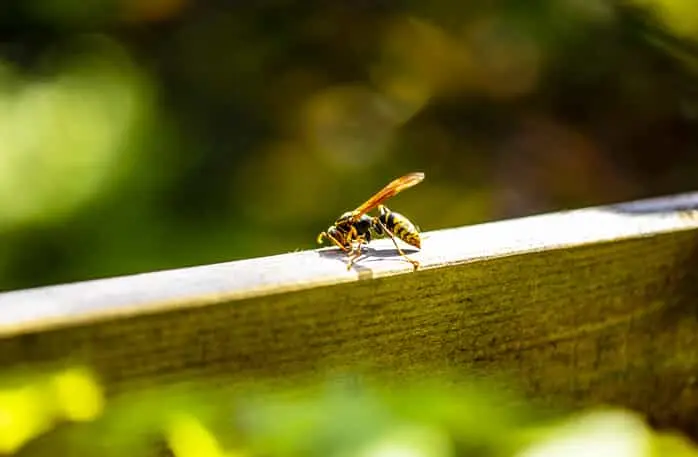Ah, summer, a time for cookouts, lazy days by the pool...and pests?
This is the time of year that brings some of the most unpleasant pests out of the woodwork (literally, in some cases). Here are some of the biggest nuisances to watch for in Fort Worth this summer:
Mosquitoes
Mosquitoes thrive in warm and humid places. You can identify these winged pests by their needle-like stylets, which they use to extract blood from victims. Since they multiply quickly in stagnant or standing water, be mindful of open water sources to limit their breeding capabilities.
According to the Texas Department of State Health Services, they can transmit encephalitis, West Nile virus, malaria, and other diseases. While many people don't experience these illnesses, the risks increase with larger mosquito populations. Pest control specialists can inspect your property to show you any potential risks, such as leaking faucets or underground sprinklers. They can also apply effective mosquito control treatments to your property. For added safety, use insect repellent with at least 40% DEET while you're outdoors.
Wasps and Bees
The main danger with stinging pests is allergic reactions and multiple stings. If you see a beehive or a wasp nest, don't disturb it. Many people wind up with multiple stings from doing this.
Bees are smaller and fuzzier, while wasps typically have smooth bodies and a brighter yellow color. Flowering plants attract bees, and things like birdseed and nectar attract wasps. Keep all outdoor garbage in a can with a lid. Since bees are important to our food supply, a pest professional can safely relocate them. A professional should be called to remove any wasp nest. Their nests are usually under eaves, though some wasps live in the ground. Beehives may be in trees, in sheds, or even behind the walls in homes.
Ticks
Ticks may be on bushes or tall blades of grass. They are about the size of an apple seed and find places where they can wait for a victim to walk by and latch on. For humans, a tick bite may be harmful if the tick carries Lyme disease, tularemia, or another disease. Learn the symptoms of Lyme disease if you're bitten--if caught early, it's highly curable.
A pest professional can treat your property to help keep ticks away. However, since they're attracted to overgrown grass and shrubs, you can also limit your risk by keeping your grass mowed regularly and shrubs trimmed. If you have kids, discourage them from playing next to shrubs during the summer.
Termites
Although some termites are attracted to rotting or damp wood, others are attracted to dry materials, such as wood, paper, and even drywall. Termite infestations can grow rapidly. In Texas, subterranean and drywood termites are common. Unlike ants, termites have straight antennae and their bodies are more rectangular in shape. They may or may not have wings. These are a few potential signs of termites:
- Unusual floorboard squeaking
- Drooping drywall
- Peeling paint patches
- Piles of wings
- Piles of excrement
- Mud tubes on exterior walls
Since these pests can quickly damage the structural integrity of your home, schedule a termite inspection immediately if you haven't had one recently, or see signs of termites. Only a professional can effectively eliminate termites.
Professional Pest Control
When you suspect or see signs of any pests, a professional can help you remove them. Professional methods are highly effective. The state of Texas requires special licenses to perform professional pest control and termite control services. This gives you the assurance of reliable and quality services. To schedule an appointment with Purple Care call (817) 880-6052.




Comments (0)
Thanks for your comment!
Thanks for your feedback! Your comments have been successfully submitted! Please note, all comments require admin approval prior to display.
Error submitting comment!
There is a problem with your comment, please see below and try again.